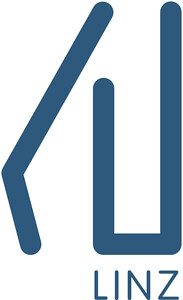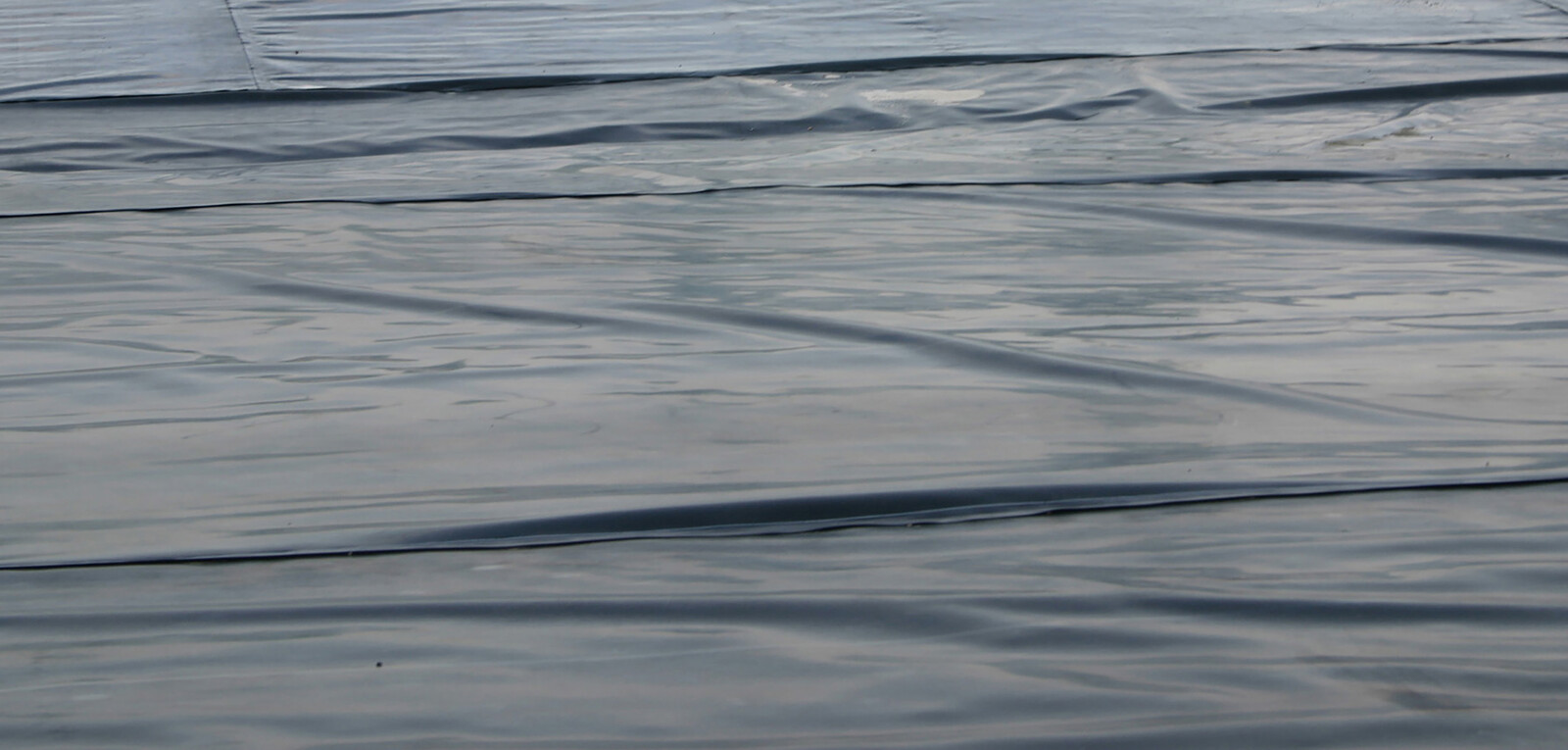For the Common Good
Im Vorbeigehen/In Passing
October 1, 2019–February 1, 2020
Im Vorbeigehen/In Passing is an art project that has been running since 2000 at the KU, Linz. Each semester, an artist is invited to leave visual traces within the university building, which becomes a temporary stage for artistic intervention. An essential part of the project is the direct dialogue between the artists and the users of the building. The exhibited works and the ensuing questions and topics are discussed, commented upon and theoretically elaborated in the form of a workshop or artist talk.
Within the framework of Im Vorbeigehen Irena Lagator Pejović proposes the artistic intervention For the Common Good, which focuses on the histories and imaginary iconographies of the current capitalist ecocide. Lagator often works with photosensitive fiscal receipts, using them as both indexical traces of consumerist activities and as signs of a culture of limited responsibility. In her book installation The Knowledge of the Limited Responsibility Society, which consists of a cityscape created by volumes of fiscal receipts bound together, the artist comments directly on the condition of the lack of responsibility for the common world by exploring the idea of vanishing content.
The artist engages with ecology in a sense that can be captured by referring to Félix Guattari’s concept of existential territories and three registers of ecology: environmental, social and mental. In her works presented within Im Vorbeigehen, Lagator explores all three domains of ecology by focusing primarily on the issue of water. Reflecting on the relationship between the human world and water, according to Astrida Neimanis, allows a new understanding of community. It also generates possibilities of a new language that enables the transformation of an agreement between the human and non-human world.
In the same way, Lagator explores visual possibilities of speaking about human responsibility in relation to and through water and its histories in her hydro-works, which include the photo-series Plastic Water (2017) and the installations Forward Play Reverse (2019) and Temporary Dumping Place: Rotations in Given Space (2004).
The exhibition is realised in connection with this year’s research focus on Central and Eastern European art histories and is accompanied by a guest lecture series Global Art History [3] (October 7, 2019–January 20, 2020).
Global or Alter-Globalist? Contemporary Art Histories from Central and Eastern Europe
The programme is focused on Central and Eastern European contemporary art historical narratives, critical positions and methodologies written in response to the 1989 shift in the global world order and concerned with the issue of globalising regional art and its histories. It problematises both the global perspective in art history from the regional point of view and the strategies of positioning regional art history within the global context.
October 7: Monika Leisch-Kiesl/Karolina Majewska-Güde: Introduction: Global or Alter-Globalist? Contemporary Art Histories from Central and Eastern Europe.
October 14: Beáta Hock: Globalizing East European Art Histories
October 28: Katarzyna Cytlak: Transculturation, Cultural Transfer and the Colonial Matrix of Power on the Cold War Margins: East European Art Seen from South America
November 4: Pavlína Morganová: Art History of the Place
November 11: Bojana Piškur: Southern Constellations in Arts and Culture: Some Cases from the Non-Aligned Movement
November 18: Karolina Majewska-Güde: Peripheries of the World Unite! From global to alter-globalist art history: Piotr Piotrowski’s Concept of Art History
December 2: Georg Schöllhammer: A Conversation about the Art Histories of the Central Eastern European Neo-Avant-Garde written after 1989 in Austria
January 13, 2020: Kathleen Reinhardt: Gray Zones - Art and Exhibition Industry in the GDR between Adaptation and Underground
January 20: Irena Lagator Pejović: Artist Talk: Un-Limited Responsibility (Kepler Salon)
Curators of the series Global Art History and Im Vorbeigehen: Monika Leisch-Kiesl and Julia Allerstorfer
Curator of this year’s programme and the exhibition: Karolina Majewska-Güde

